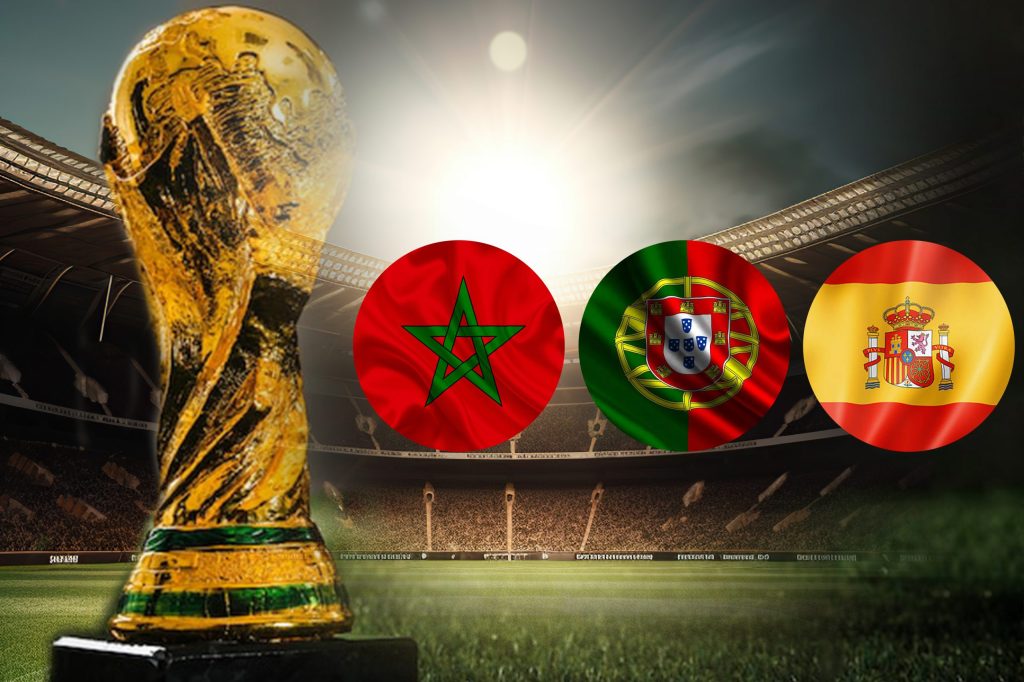Football is the most popular sport in the world, and with great popularity comes great economic benefits. The 2030 World Football Cup, which will be co-organized by Morocco, Spain and Portugal, is a major economic driver for the North African Kingdom.
The expected influx of tourists, fans, and journalists will stimulate various sectors of the country’s economy, including hospitality, transportation, and retail. Hotels, restaurants, and local businesses expect increased demand, leading to job creation and revenue generation.
The global sport event will enable Morocco to modernize its infrastructures, including stadiums and transportation networks, contributing to the development of the host country and boosting its image internationally.
At a parliamentary debate, Moroccan Minister of Equipment Nizar Baraka has said 35 cities will benefit from development projects ahead of the 2030 World Cup within the frame of a broader strategy aimed at upgrading the Kingdom’s infrastructures.
Several road expansion projects have been launched to ease traffic congestion in the major host cities and their neighboring areas, said the minister, noting that these improvements are essential to absorb the influx of visitors.
For his part, minister of Transport & Logistics, Abdessamad Kayouh said the modernization of Moroccan airports and the improvement of services will enable passengers to leave the airport in 25 minutes instead of 45 minutes.
Morocco’s National Airports Office is working on modernization projects for several national airports to increase their total combined handling capacity to 80 million passengers by 2030.
For better telecommunication and internet services, Morocco will deploy 5G bandwidth cellular technology to ensure 25% coverage by 2026 before expanding coverage to 70% by 2030.
The Digital Cooperation Organization (DCO) has lauded the transformative path Morocco is pursuing in shaping its digital future. With an impressive 90.7% connectivity rate and forward-looking initiatives, the North African Kingdom is positioning itself as a leader in digital transformation across Africa.
In early December, King Mohammed VI chaired a Council of Ministers to review preparations for the 2030 World Cup and set priorities for this major global sporting event.
All stakeholders are mobilized to expedite the execution of strategic and structuring projects relating to hosting this global event. These projects include upgrading stadiums, expanding and renovating airports in the six host cities, enhancing road infrastructure and intra-urban networks, developing hotel and commercial infrastructures, strengthening and modernizing medical services, telecom networks and launching a comprehensive training program to strengthen the skills of young people.
The 2030 World Cup is not only be a sporting event, but also a unique opportunity to accelerate the growth momentum of Morocco’s national economy over the next few years, create more job opportunities, boost the country’s tourist appeal and promote the universal values of peace, unity and sustainable development.
